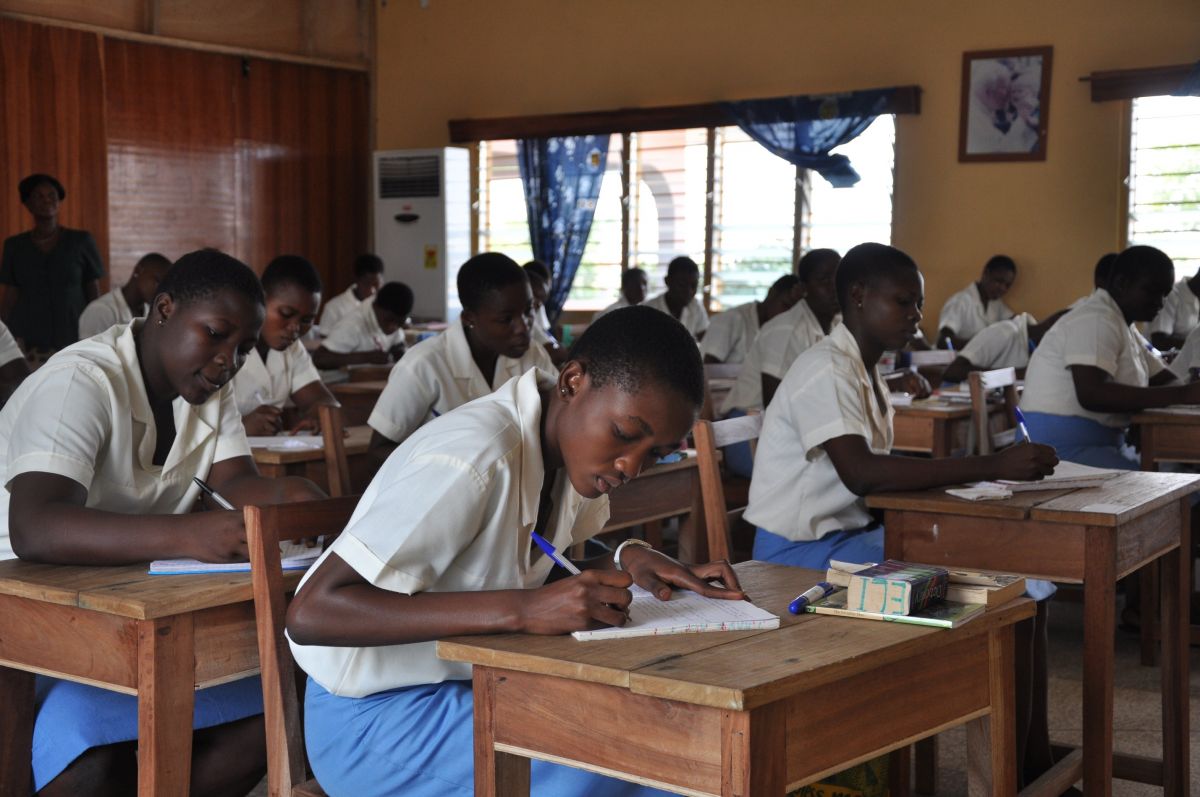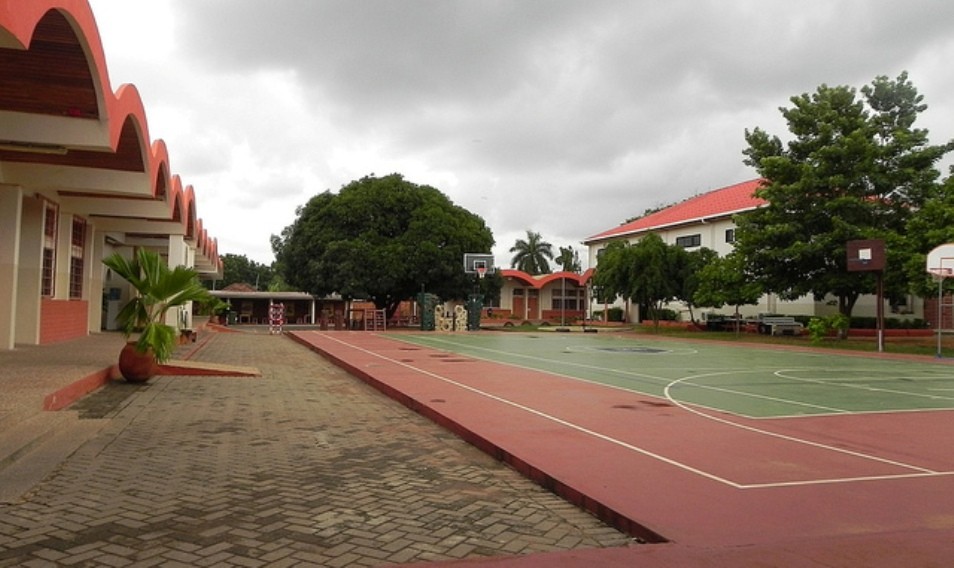The UK is in 20th place, among higher achieving European countries, with the US in 28th. The Organisation for Economic Co-operation and Development (OECD) says the comparisons – based on test scores in 76 countries – show the link between education and economic growth. According to OECD’s education director, Andreas Schleicher, this is the first time the organization has obtained a truly global scale of the quality of education. He added that the idea is to give more countries, rich and poor, access to comparing themselves against the world’s education leaders, to discover their relative strengths and weaknesses, and to see what the long-term economic gains from improved quality in schooling could be for them. The result shows once again the poor performance of the United States, slipping behind successful European countries and being overtaken by Vietnam. It also highlights the decline of Sweden, with the OECD warning last week that it had serious problems in its education system. The rankings are based on an amalgamation of international assessments, including the OECD’s Pisa tests, the TIMSS tests run by US-based academics and TERCE tests in Latin America, putting developed and developing countries on a single scale. The findings will be formally presented at the World Education Forum in South Korea next week, where the United Nations is to convene a conference on targets for raising global education by 2030. The top five places were all taken by Asian countries – Singapore, Hong Kong, South Korea, Taiwan, and Japan.
Global School Rankings: Countries Ranked Based on Mathematics and Sciences
- Singapore
- Hong Kong
- South Korea
- Japan (joint)
- Taiwan (joint)
- Finland
- Estonia
- Switzerland
- Netherlands
- Canada
- Poland
- Vietnam
- Germany
- Australia
- Ireland
- Belgium
- New Zealand
- Slovenia
- Austria
- United Kingdom
- Czech Republic
- Denmark
- France
- Latvia
- Norway
- Luxembourg
- Spain
- Italy (joint)
- United States (joint)
- Portugal The five lowest-ranked countries are Oman which sits on the 72nd position while Morocco, Honduras, South Africa and Ghana are in the last spot. Speaking further, Mr. Schleicher emphasized the need for talented teachers in the classroom. He made reference to Asian countries, which he said, boast a good number of talented teachers. “If you go to an Asian classroom you’ll find teachers who expect every student to succeed. There’s a lot of rigor, a lot of focus and coherence. These countries are also very good at attracting the most talented teachers in the most challenging classrooms so that every student has access to excellent teachers,” OECD’s education director added. The report, which was published by the OECD and written by Eric Hanushek from Stanford University and Ludger Woessmann from Munich University, argues that the standard of education is a “powerful predictor of the wealth that countries will produce in the long run”. If Ghana, the lowest ranked country, achieved basic skills for all its 15-year-olds, the report says that it would expand its current GDP by 38 times, over the lifetime of today’s youngsters. The global school rankings report is expected to provide evidence for next week’s World Education Forum of how achieving education targets can deliver economic gains. The milestone conference, under the auspices of the United Nations, will mark 15 years since the setting of education targets by world leaders. These millennium targets for education, such as providing all children with a primary education, have not been fully achieved. Check Out: Importance Of Education: 10 Undeniable Facts But the World Education Forum will set another round of global targets for the next 15 years. The global school rankings list continues below:
- Lithuania
- Hungary
- Iceland
- Russia
- Sweden
- Croatia
- Slovak Republic
- Ukraine
- Israel
- Greece
- Turkey
- Serbia
- Bulgaria
- Romania
- UAE
- Cyprus
- Thailand
- Chile
- Kazakhstan
- Armenia
- Iran
- Malaysia
- Costa Rica
- Mexico
- Uruguay
- Montenegro
- Bahrain
- Lebanon
- Georgia
- Brazil
- Jordan
- Argentina
- Albania
- Tunisia
- Macedonia
- Saudi Arabia
- Colombia
- Qatar
- Indonesia
- Botswana
- Peru
- Oman
- Morocco
- Honduras
- South Africa
- Ghana
Quick Facts You Need To Know About Education In Ghana
1. Education in the country is grouped into three phases which are – basic education, secondary education, and tertiary education. While the basic education comprises of kindergarten, primary school, and lower secondary school; the secondary education comprises of upper secondary school, vocational education, and technical. Lastly, the tertiary education embraces education at the universities, polytechnics, and colleges. 2. The language of instruction in most Ghanaian schools is mainly English. 3. The academic year usually starts in August and ends in May. 4. In Ghana, education is not optional for children between the ages of four and fifteen (in order words, students, whose ages sits between these years are expected to complete their basic education). 5. Before the arrival of European settlers, education in Ghana was mainly informal and based on apprenticeship.



